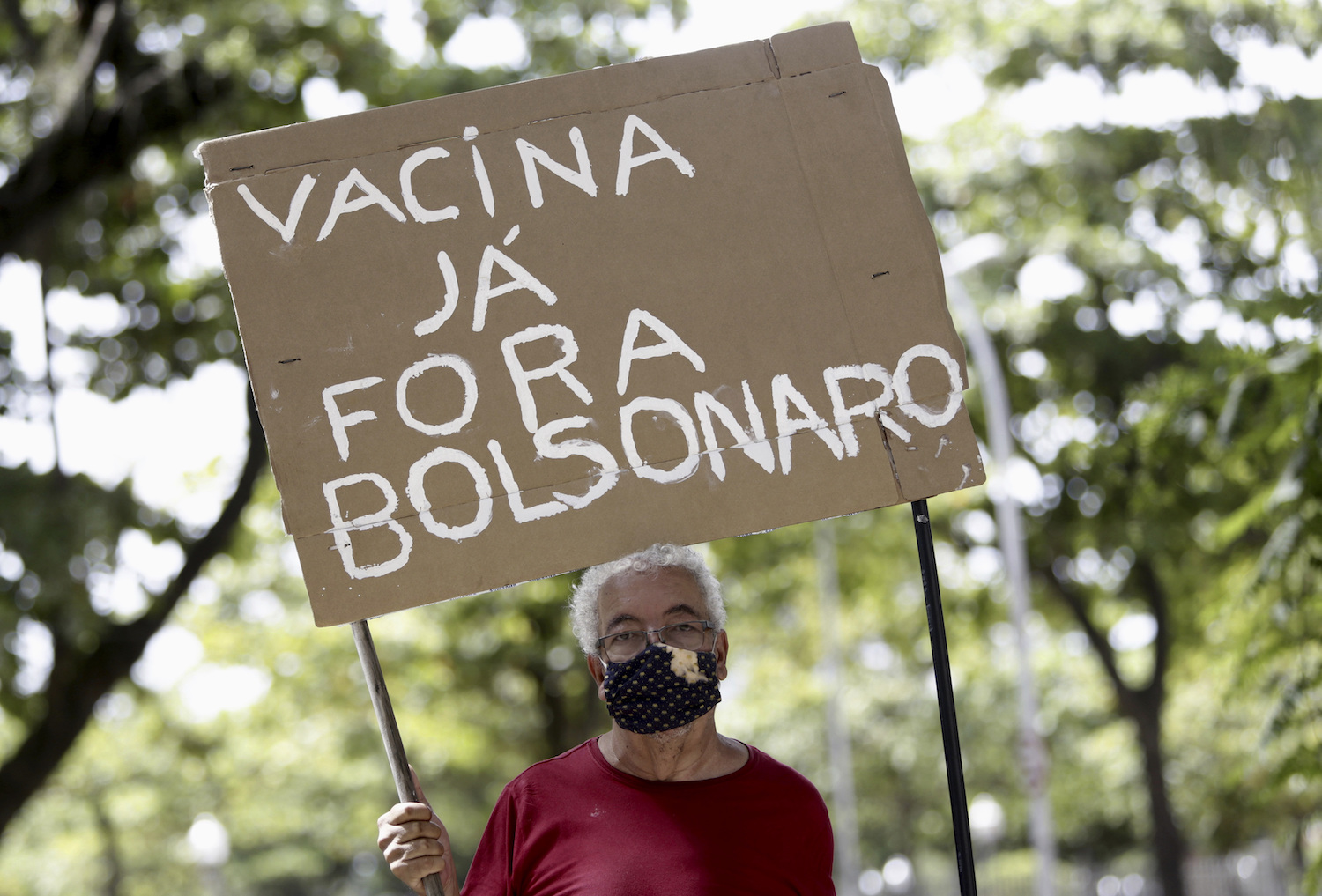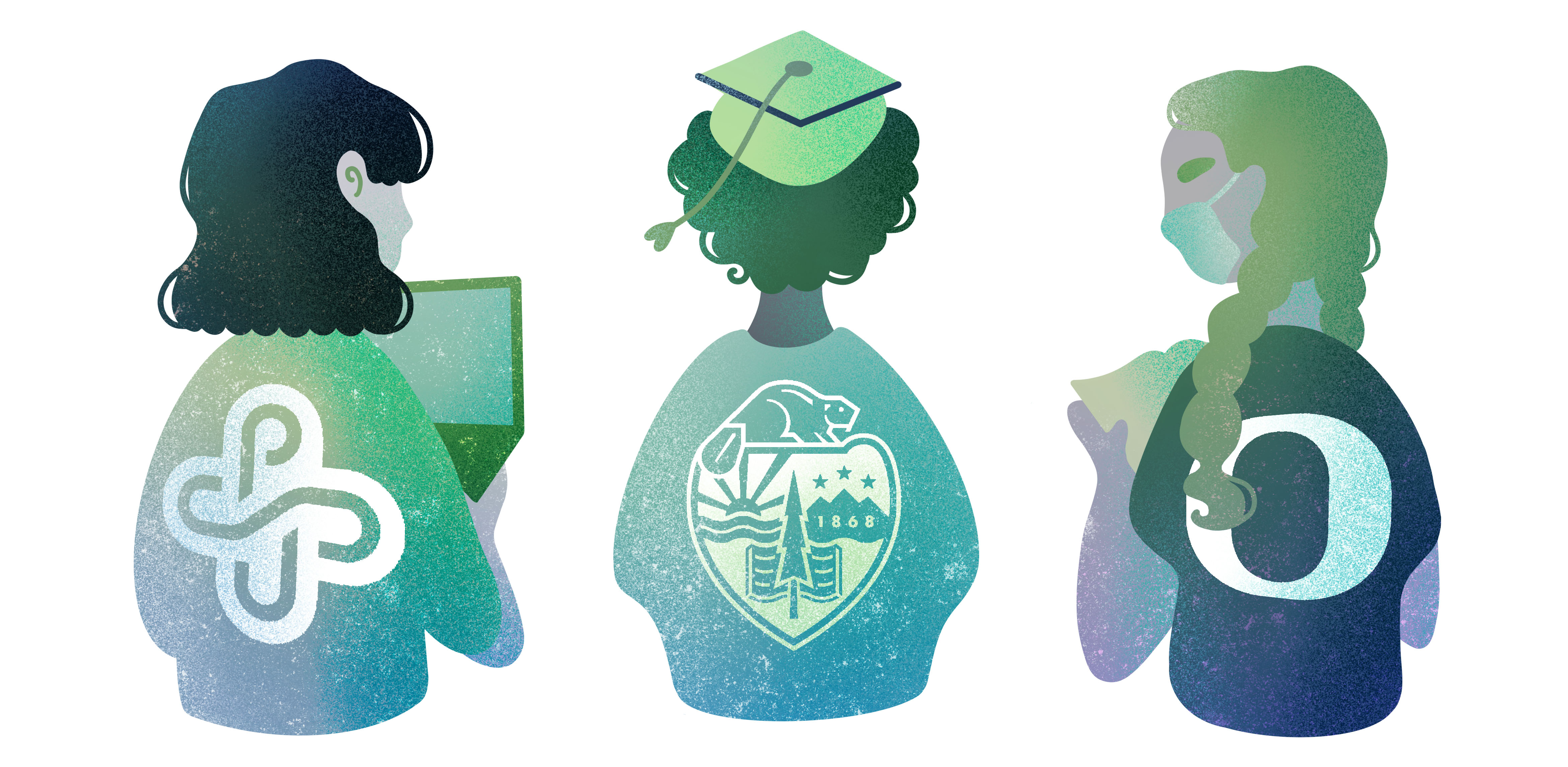While COVID-19 vaccines roll out across the United States, authorities grow wary of the influence that the anti-vaccination movement has on the ongoing pursuit to eradicate the virus. A January 12 Axios-Ipsos poll reported 19% of Americans do not plan on getting vaccinated, with an additional 11% planning to wait a year or more.
Support for the anti-vaxx movement has gained increased momentum in recent years, with the World Health Organization (WHO) listing vaccine hesitancy as one of the 10 greatest threats to global health in 2019, alongside pathogens such as HIV and Dengue. The WHO defines vaccine hesitancy as “the reluctance or refusal to vaccinate despite the availability of vaccines” and cites complacency, inconvenience and lack of confidence as underlying factors. According to the WHO, vaccines prevent 2–3 million deaths a year and 1.5 million more could be prevented if global coverage of vaccinations improved.
“We’re not just fighting an epidemic, we’re fighting an infodemic,” said WHO Director-General Tedros Adhanom Ghebreyesus at the Munich Security Conference on February 15, 2020. “Fake news spreads faster and more easily than this virus, and is just as dangerous.”
This past December, the Center for Countering Digital Hate (CCDH) released The Anti-Vaxx Playbook, a 54-page document detailing indoctrination and activism tactics used by anti-vaxxers. The document was crafted following a private online conference held by the National Vaccine Information Center (NVIC), a prominent anti-vaxx organization, in October 2020.
According to the CCDH, prominent anti-vaxxers on social media platforms such as Twitter, Instagram, YouTube and Facebook have gained more than 10 million followers since 2019. The CCDH estimated the anti-vaxx movement rakes in over a billion dollars a year for social media companies, and advocates for platforms to remove prominent anti-vaxxers and demonetize misinformation.
Vaccine misinformation still thrives on social media, with Facebook and its subsidiary Instagram being notorious culprits, according to The Guardian. The CCDH lists the conversion of vaccine-hesitant people to anti-vaxxers as one of the five key strategies used by anti-vaxxers, specifically calling out popular anti-vaxx Facebook groups as a gateway to the movement. A previous CCDH report entitled “Failure to Act” published in September 2020 claims that Facebook removed only 2.5% of misinformative posts reported by the organization and that Facebook and Instagram were the platforms of highest growth for nine of the ten most notable anti-vaxx networkers.
Additionally, a January 13 report by Healthline stated recent studies have shown fact-checking on social media greatly reduces misinformation. Some social media sites already implement fact-checking in some form, with YouTube automatically tagging videos relating to the 2020 U.S. election and the flat earth conspiracy theory with infoboxes discrediting misinformation. However, many social media websites neglect to perform site-wide fact-checking.
Anti-vaxxers don’t just thrive on the internet, however. On Dec. 31, Wisconsin police reported that hundreds of dosages of Moderna’s COVID-19 vaccine had been intentionally sabotaged at the Aurora medical center in Grafton, WI. The culprit was identified as pharmacist Stephen Brandenburg, an “admitted conspiracy theorist” who spoiled the doses because he believed it altered peoples’ DNA, according to MSN. Brandenburg has since received a misdemeanor charge but has not yet been convicted.
As the late stages of the pandemic approach, concerns over vaccine misinformation’s influence have grown. In an interview with CNN last June, National Institute of Allergy and Infectious Diseases (NIAID) director Dr. Anthony Fauci expressed doubt that herd immunity could be achieved if only two-thirds of the population was vaccinated.
“We have to make sure to engage the community, as we’re doing now, to get community people to help us; for people to understand that we are doing everything we can to show that [the vaccine] is safe and effective,” Fauci said.
“There is a general anti-science, anti-authority, anti-vaccine feeling amongst some people in this country—an alarmingly large percentage of people.”
Hed: An update on COVID-19 vaccines in Oregon
Byline: Béla Kurzenhauser
The lack of a federal reserve of vaccine doses has left many states with an insufficient number of doses for their population. Due to this, many are left confused and wondering when and how they can get a vaccine for COVID-19. Recently, Governor Kate Brown announced that the state has decided to delay vaccines for Oregon’s elderly population until Feb. 8, instead focusing on vaccinating educators and school staff beginning Jan. 25.
The first group to receive vaccines will be those in the 80 years and older bracket, followed by 75 and older, 70 and older and finally 65 and older, with each wave rolling out in subsequent weeks. Brown expressed frustration with the Trump administration’s handling of the situation, tweeting, “this is a deception on a national scale.”
To assist with the inoculation of vaccines, Portland health insurance providers alongside OHSU launched a vaccination clinic inside the Oregon Convention Center on Jan. 29. Authorities aim to vaccinate 7,500 people a day, depending on the vaccine stock.
As previously reported, the Oregon Health Authority has a three-phase plan to ensure a steady vaccine rollout. Once the vaccination of educators and healthcare workers has been completed, phase two will start, allowing frontline workers, adults with chronic conditions and members of marginalized and low-income communities to be vaccinated, according to KOIN.
Any other Oregon citizens not belonging to those demographics will be able to be vaccinated in the following months once phase two has concluded. As of Jan. 24, 300,662 doses of Oregon’s 492,450 have been administered, according to the OHA.
Additionally, vaccines will be available to everyone regardless of income bracket or cost. The CDC’s COVID-19 Vaccination FAQ states vaccines will be provided at no cost, but insured patients might be charged through their insurance provider. Uninsured patients will receive relief from the Health Resources and Services Administration’s Provider Relief Fund.






